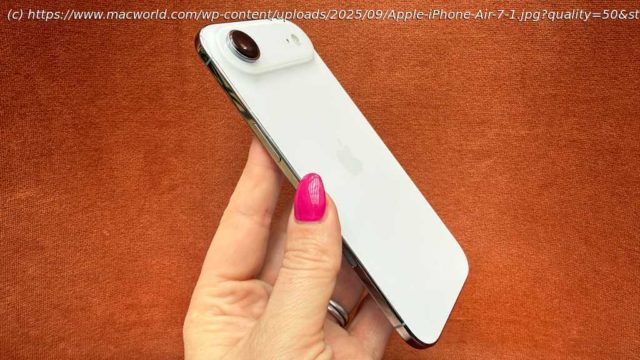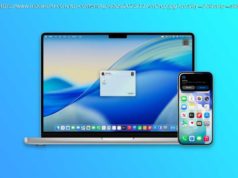Tech products need to be useful right now, rather than promising excitement in the future.
It might sound odd to say about such an obviously future-focused industry, but it’s definitely possible for tech companies to look too far ahead. Like most things it’s a balance: you don’t want to release a product designed for yesterday’s world, but it’s just as unhelpful to release one that compromises on present benefits in order to deliver futuristic features customers don’t need yet. Being truly ahead of your time is rarely a good thing for a tech product. Just look at Google Glass.
That’s not to say that some degree of future-proofing is a bad idea. Take the iPhone 12 Pro, which I reviewed back in 2020. The 12 Pro didn’t represent much of an improvement on previous generations in the short term, but the super-powerful processor, 5G support, and LiDAR scanner meant it was ready for the evolving needs of users in the years to come. I liked that phone.
There are two key elements to the iPhone 12 Pro’s appeal. The tech developments it was designed for took effect within its lifespan: 5G coverage, for example, had become far more widespread within the two to three years most customers keep a smartphone. And the phone itself was set up to handle those developments itself; it wasn’t just an imperfect testbed to lay the foundations for later hardware generations. Future-proofing that meets these two criteria, I would argue, is a net positive.
Now let’s compare the iPhone 12 Pro’s future-proofing to that of some more recent Apple products. For example, the iPhone 16, which was marketed on the back of Apple Intelligence, presumably because everyone was talking about AI, and Cupertino felt it needed to get in on the action. It might sound like including AI on a smartphone in 2024 was an act of future-proofing: AI is almost certainly going to shape society in the years to come, for better or worse. But a year on from launch, Apple Intelligence is still doing a very poor job of delivering that vision, mainly because it’s so limited in scope.
Will Apple Intelligence become worthwhile within the two- to three-year timeframe I mentioned earlier? Perhaps, but it has to be said that Apple’s efforts so far don’t inspire a lot of confidence. In any case, since it’s a software feature, there was no reason from the customer’s point of view why Apple Intelligence had to be part of the iPhone 16 launch. Apple could have just waited until its AI suite was ready and rolled it out retroactively on compatible phones.
The problem is that Apple doesn’t seem to be looking at things from the customer’s point of view. From a corporate point of view, rolling out Apple Intelligence early probably seemed like a great way to build hype and sell more iPhones.
Home
United States
USA — software The iPhone Air is the latest example of Apple’s obsession with the...






